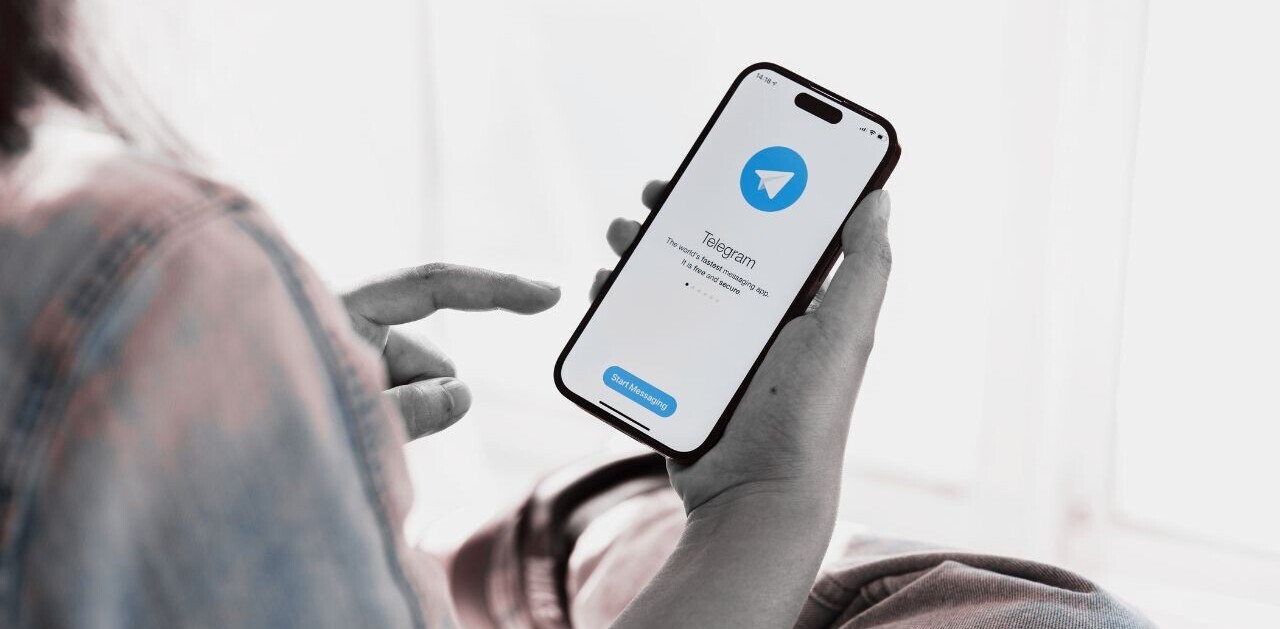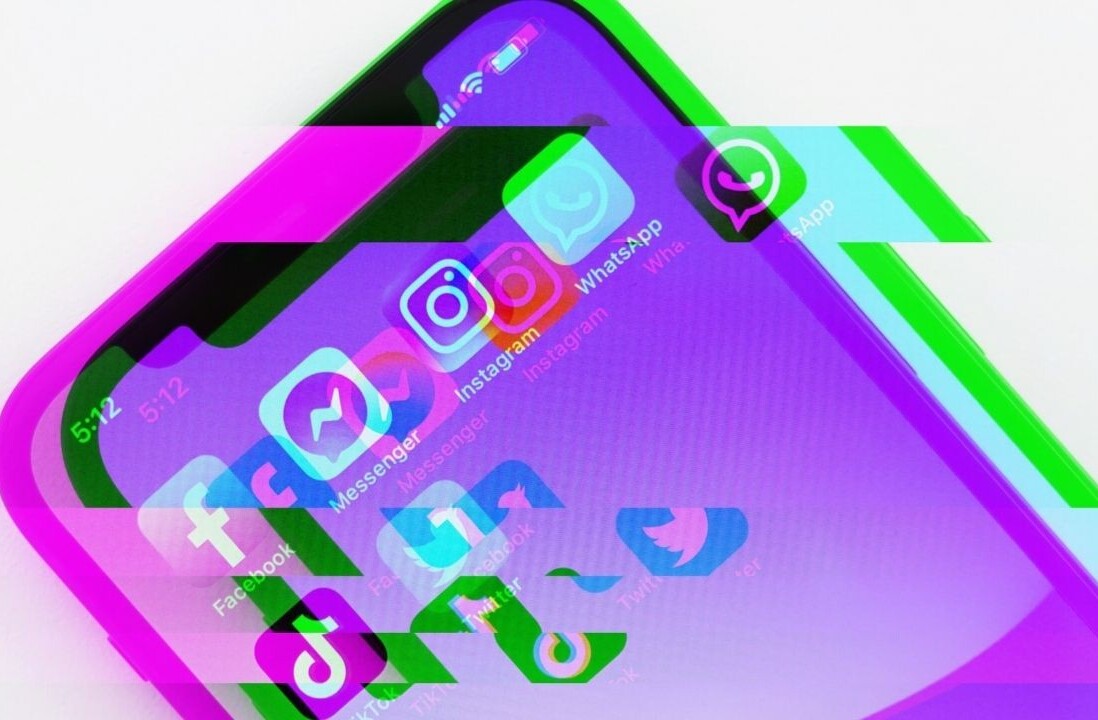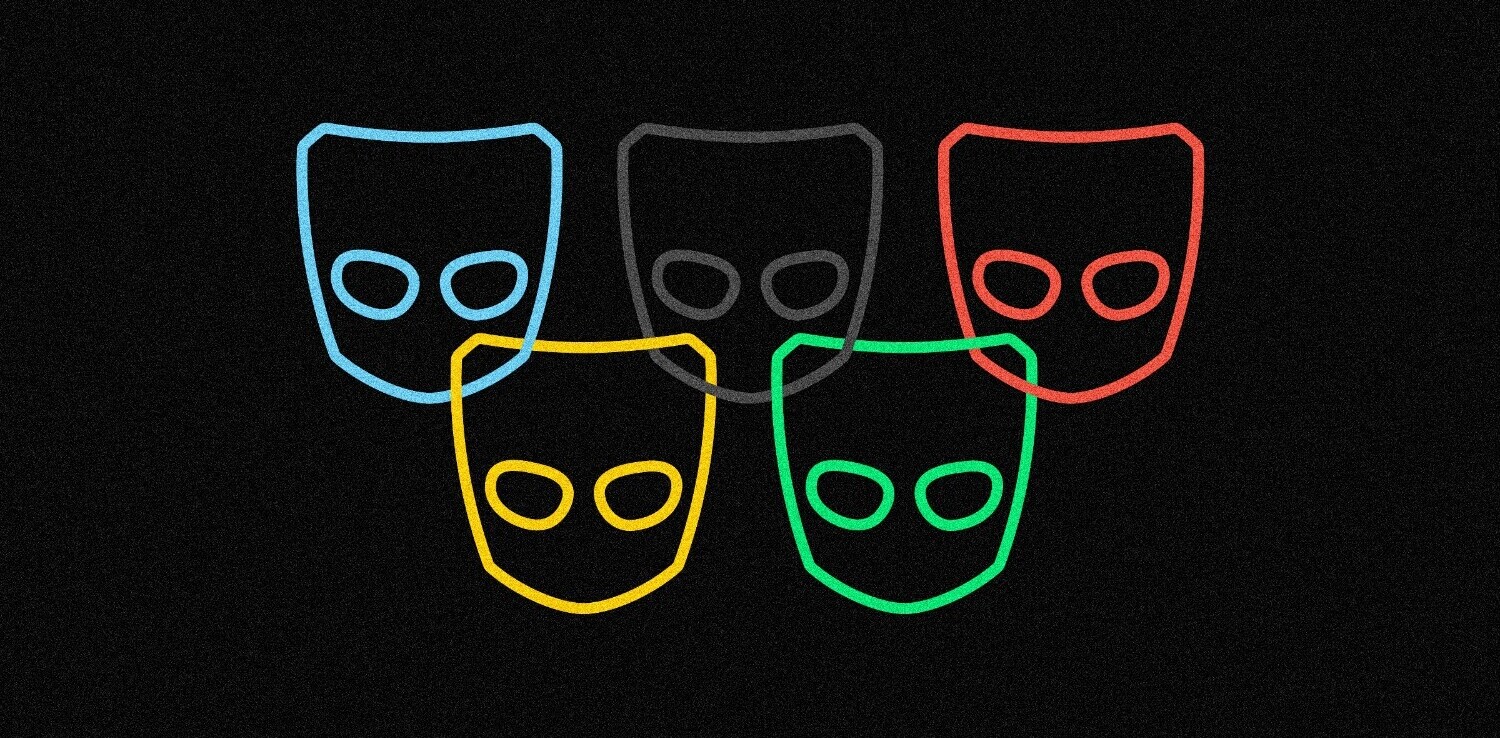

Facebook is more than a social network. It’s a platform that has changed the way we view content on the Web, the way we connect with other people and brands on the Web and the way that we express ourselves on the Web.
Now with all the latest developments that Mark Zuckerberg announced during F8 and Facebook’s collaboration with partners such as Yelp and Pandora, we see that Facebook is bringing to life the vision that we all had of a future Web 3.0 where we no longer need to look for information but information finds us. Connections between people and between brands and people are happening everywhere on the Web. Facebook is connecting all these points together into what they call “The Open Graph”.
Zuckerberg writes on Facebook’s blog:
“We think that the future of the web will be filled with personalized experiences. We’ve worked with three pre-selected partners—Microsoft Docs, Yelp and Pandora—to give you a glimpse of this future, which you can access without having to login again or click to connect. For example, now if you’re logged into Facebook and go to Pandora for the first time, it can immediately start playing songs from bands you’ve liked across the web. And as you’re playing music, it can show you friends who also like the same songs as you, and then you can click to see other music they like.”
Facebook is enabling partnering websites to add the like button to their platforms and serve us content based on our interests. From now forward, the Web will be divided for us based on what we like and what we don’t like. At the same time, it’s also enabling us to connect with others who share the same interests as us across various platforms – not just Facebook.
Facebook’s Director of Platform Product Bret Taylor (previously the founder & CEO of FriendFeed) said during F8: “Once you put these ‘like’ buttons all around your site, the like buttons power a whole suite of social plugins, an “activity streams” plugin will show all activities from the Facebook user’s friend list on that third-party site. A “recommendations” plugin will provide suggested content to users. “It’s not just 10 most e-mailed articles, this is truly powerful recommendations.”
Facebook launched its Open Graph protocol with 30 partners thus far. This is a major step for Facebook as now my personal dislikes and likes are not only to be found on Facebook but rather they travel with me across various sites on the Web.
What does all this imply for the future? Does this mean the end of any small amount of privacy we still had left on the Web or is this the best thing since sliced pie? I must agree with the latter. For a long time now I’ve praised Facebook for all of its improvements and developments throughout the years. I think that Facebook does an amazing job at continuously improving its platform and this is the reason for its success. As Facebook continues to increase its user base (already at 500 million users worldwide), it continues to get better over time. Facebook is at the heart of the open graph, connecting all the dots. The only drawback? The fact that Facebook controls this Open Graph. One must be a Facebook user to enjoy all this and it will become harder over time for people to opt out of becoming a part of this revolution. A truly open platform, not controlled by one commercial company may be thought of as a more ideal situation but I must admit, that given Facebook’s leadership and innovation in the last few years, I trust Facebook in leading us on the right path to a universal open graph where all people and brands are connected in the best way possible.
When planning their future Web presence, businesses today must make sure to keep the Open Graph in mind. They will have to do so in order to survive in the digital space. With such information overload that users face today from various streams, brands will need to optimize their Web presence based on the information they gather from the Open Graph in order to maintain and increase their client/user base. Otherwise, these companies won’t stand a chance. Social engagement, social data mining and geo-targeting those are the keywords to remember and the terms that will lead us forward in this social revolution we are embarking on. All the information we view on the Web will increasingly become more personal, more targeted and at the same time, more open. This idea may be scary to some who fear for their privacy but I believe in the long run will only serve us all to better manage and retain the massive amount of data and increasing number of relationships (with both people and brands) that we need to deal with on a daily basis.
Get the TNW newsletter
Get the most important tech news in your inbox each week.





